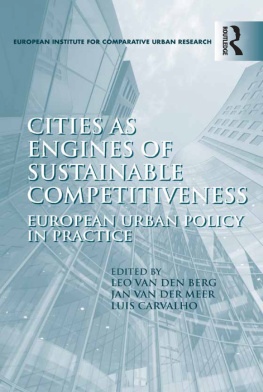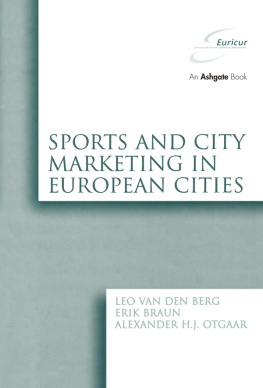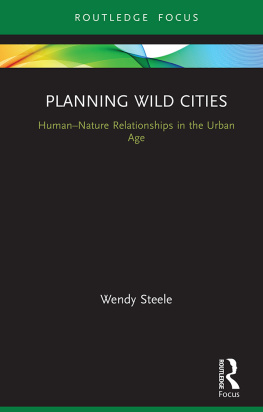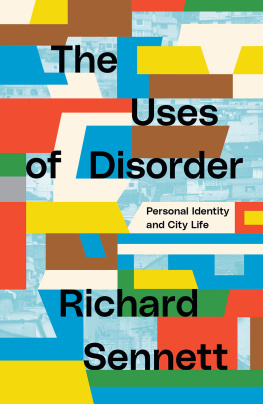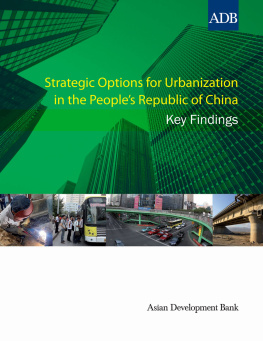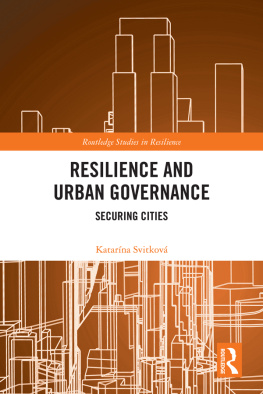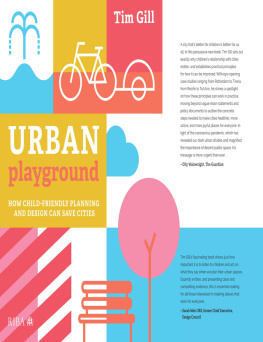
THE STUDENT CITY
The European Institute for Comparative Urban Research, EURICUR, was founded in 1988 and has its seat with Erasmus University Rotterdam. EURICUR is the heart and pulse of an extensive network of European cities and universities. EURICURs principal objective is to stimulate fundamental international comparative research into matters that are of interest to cities. To that end, EURICUR coordinates, initiates and carries out studies of subjects of strategic value for urban management today and in the future. Through its network EURICUR has privileged access to crucial information regarding urban development in Europe and North America and to key persons at all levels, working in different public and private organizations active in metropolitan areas. EURICUR closely cooperates with the Eurocities Association, representing more than 100 large European cities.
As a scientific institution, one of EURICURs core activities is to respond to the increasing need for information that broadens and deepens the insight into the complex process of urban development, among others by disseminating the results of its investigations by international book publications. These publications are especially valuable for city governments, supranational, national and regional authorities, chambers of commerce, real estate developers and investors, academics and students, and others with an interest in urban affairs.
EURICUR website: http://www.euricur.nl
This book is one of a series to be published by Ashgate under the auspices of EURICUR, the European Institute for Comparative Urban Research, Erasmus University Rotterdam. Titles in the series are:
Metropolitan Organising Capacity
Leo van den Berg, Erik Braun and Jan van der Meer
National Urban Policies in the European Union
Leo van den Berg, Erik Braun and Jan van der Meer
The European High-Speed Train and Urban Development
Leo van den Berg and Peter Pol
Growth Clusters in European Metropolitan Cities
Leo van den Berg, Erik Braun and Willem van Winden
Information and Communications Technology as Potential Catalyst for Sustainable Urban Development
Leo van den Berg and Willem van Winden
Sports and City Marketing in European Cities
Leo van den Berg, Erik Braun and Alexander H.J. Otgaar
Social Challenges and Organising Capacity in Cities
Leo van den Berg, Jan van der Meer and Peter M.J. Pol
City and Enterprise
Leo van den Berg, Erik Braun and Alexander H.J. Otgaar
The Student City
Strategic Planning for Student Communities in EU Cities
LEO VAN DEN BERG
and
ANTONIO RUSSO
European Institute for Comparative Urban Research
Erasmus University Rotterdam
The Netherlands
www.euricur.nl
First published 2004 by Ashgate Publishing
Published 2016 by Routledge
2 Park Square, Milton Park, Abingdon, Oxon OX14 4RN
711 Third Avenue, New York, NY 10017, USA
Routledge is an imprint of the Taylor & Francis Group, an informa business
Copyright 2004 Leo van den Berg and Antonio Russo
Leo van den Berg and Antonio Russo have asserted their right under the Copyright, Designs and Patents Act, 1988, to be identified as the authors of this work.
All rights reserved. No part of this book may be reprinted or reproduced or utilised in any form or by any electronic, mechanical, or other means, now known or hereafter invented, including photocopying and recording, or in any information storage or retrieval system, without permission in writing from the publishers.
Notice:
Product or corporate names may be trademarks or registered trademarks, and are used only for identification and explanation without intent to infringe.
British Library Cataloguing in Publication Data
Berg, Leo van den, 1948-
The student city : strategic planning for student communities in EU cities. - (EURICUR series)
1. Campus planning - European Union countries - Case studies 2. College facilities - European Union countries - Case studies 3. City planning - European Union countries - Case studies
I. Title II. Russo, Antonio
711.5'7'094
Library of Congress Cataloging-in-Publication Data
Berg, Leo van den.
The student city : strategic planning for student communities in EU cities / by Leo van den Berg and Antonio Russo.
p. cm. -- (EURICUR series)
Includes bibliographical references.
ISBN 0-7546-4140-6
1. Campus planning--European Union countries--Case studies. 2. College facilities--European Union countries--Planning--Case studies. 3. City planning--European Union countries--Case studies. I. Russo, Antonio (Antonio Paolo) II. Title. III. Series.
LB3223.5.E85B47 2004
711.57'094--dc22
2004010341
ISBN 9780754641407 (hbk)
Contents
Student communities are without doubt a strategic resource for urban development. Students are the citizens and the highly-skilled working class of tomorrow. They keep cities lively and diverse. They are consumers of cultural and recreational facilities. They have a distinct expenditure pattern that in some cases is crucial to support the economy of specific areas or neighbourhoods. Increased student mobility at the international level is a major vector of socioeconomic cohesion between regions of Europe.
However, European cities are seldom ready to recognise and manage this potential information on student communities is generally scarce: students are an invisible population, being given little space in local policy. Cooperation between education institutions and city planners is often lacking. Cities are passive towards their universities foreign relations. Attention is paid to student settlements only on those occasions when they become a source of problems or costs for the local community.
Nevertheless, the importance of human capital as a determinant of cities competitiveness demands proactive city policies targeting this community of city users. National or regional education programmes often neglect the urban dimension of the issue, forgetting that human capital is highly mobile, and that it needs to be attracted and managed locally.
The present study contributes to the elaboration of a framework for strategic action aiming at the integration and valorisation of student communities for urban development. This final report is organised as follows.
presents the main issues under investigation and their relevance for urban sustainability, and proceeds by setting out the methodological and practical lines of EURICURs investigation.
are dedicated to the nine cities that participated in this project as case studies: in alphabetical order, Birmingham, Eindhoven, Helsinki, Lille, Lyon, Munich, Rotterdam, Utrecht and Venice. Each city is presented through its main features, highlighting the importance and role of education and research as catalysts of urban development. There follows a description of the role and strategies of the main actors in the field of higher education, such as the institutes, the private sector, the community organisations and the students themselves, through the elaboration of available data and other information collected during field trips by the EURICUR research team. The links and the consistency between the strategies of these actors is assessed next, and on the basis of this, we highlight the main problems existing in the city-academy relationship, suggesting a number of recommendations to improve it and progress towards a genuine, sustainable student-friendly city.


